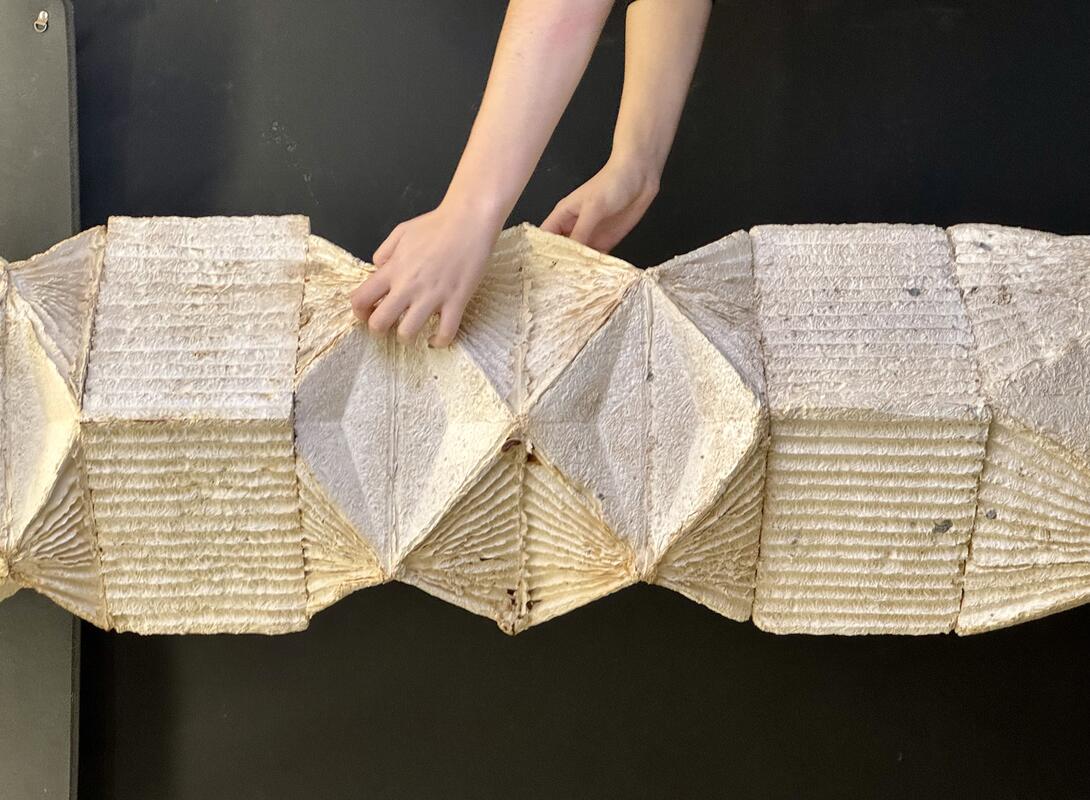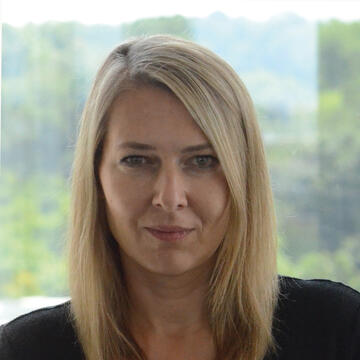PJ Dick Innovation Fund Project Grant: MycoRubble: Regenerative Biomatter

MycoRubble: Regenerative Biomatter
Dana Cupkova, Professor, Carnegie Mellon Architecture
This project explores adaptive reuse in architecture through growth processes and the bioremediation of construction waste utilizing mycelium-inoculated invasive species to create Mycelium-Based Composites (MBCs). This approach emphasizes hyper-local resilience by integrating construction debris with MBCs, enabling circular ecological restoration, addressing environmental toxicity, and ensuring access to healthy materials through non-extractive methods.
By leveraging local invasive plant species such as Japanese knotweed in combination with mycelium, the project transforms construction rubble into structurally viable architectural components while embracing the aesthetics of bio-spolia. These components are envisioned for adaptive reconstruction, particularly in contexts where ecological restoration and material reuse are interlinked, enabling the creation of ecologically vibrant architecture. The project aims to evaluate the bioremediation capacities of mycelium, which can detoxify and stabilize contaminated rubble, while exploring the structural and performative capabilities of varied MBC aggregates shaped with lightweight, reusable formwork. By combining bioremediation with material research, MycoRubble demonstrates the potential for radical regenerative materiality to mitigate the environmental harm caused by extractive practices. This approach positions architecture as an active agent of ecological and communal stewardship. It advances principles of material circularity, reduces embodied energy in construction, and supports regenerative labor frameworks. Furthermore, it fosters co-authorship between human and non-human systems, contributing to a more resilient and regenerative future.
Image: MycoRubble Column Prototype, Dana Cupkova, with Jil Berenblum and Nandan Bhusry (MSSD'24)
About the Project Lead
Professor & MSSD Track Chair
-
Established in 2023 by PJ Dick Trumbull Lindy Group, the Faculty Grants Program will award a total of $400,000 over four years beginning in 2024. The program supports faculty research and teaching innovations that address the School’s three pedagogical challenges of climate change, social justice and artificial intelligence. The proposals were assessed on their impact in furthering a faculty member’s research and teaching, their contribution to interrogating the School’s challenges, and their viability to garner further research support, make an impact on the discipline and expand the pedagogy of the School.
